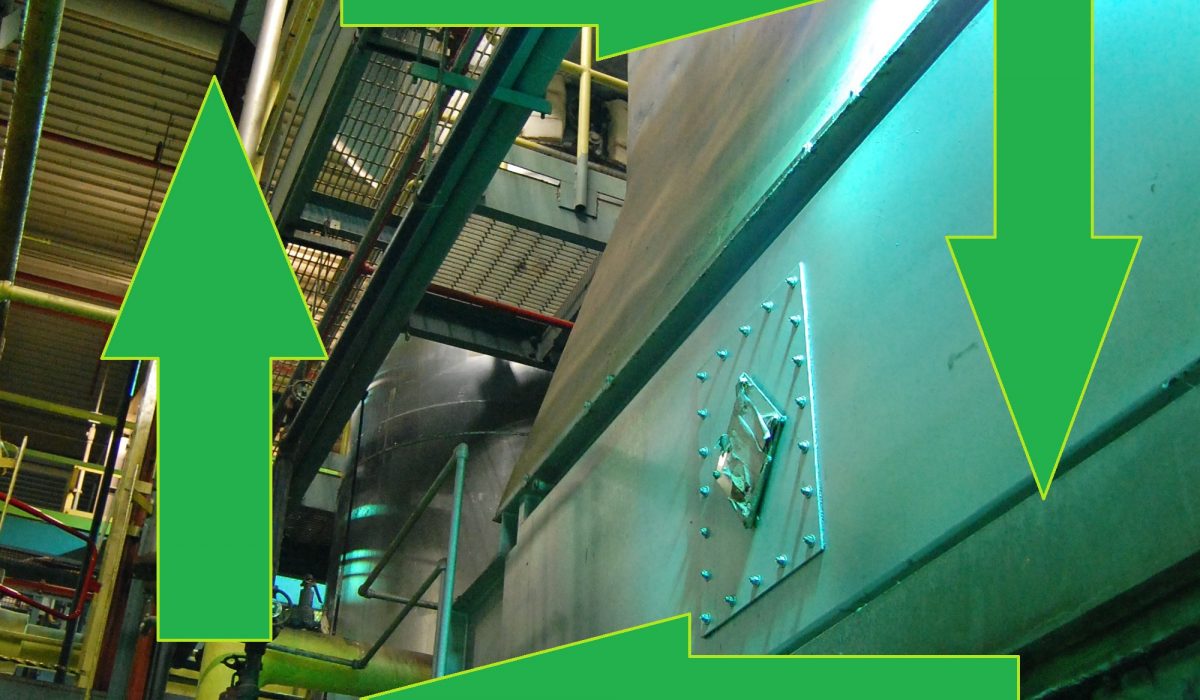We are all about optimizing the process and boiler room of a plant, saving funds, energy and time for our clients. When plant managers are looking for savings using cutting edge technology, we have what they need. Yet, many factories aren’t aware of the savings they could reap. They run in less-than-optimal conditions, venting steam, wasting money and adding unnecessary emission into the air. The elements of that plant may not be optimized, causing plant managers and engineers to miss crucial warning signs or areas that need improvement.
How does a plant manager find a solution when so often they are unaware of the issues? The answer is simple: have the plant tested for overall efficiency. Boiler efficiency visits from combustion experts will pin-point all the issues that are draining money and productivity.
Specifically, an expert boiler efficiency visit will provide measurable numerical values for the following:
• the money that could be saved through optimization
• The plant’s carbon footprint
• How much steam (and therefore energy) is being vented and wasted
• Emissions and improvements to reduce them
• Where energy is being used and for what purposes.
Each of these elements is essential for the optimization of a plant. If energy is being used inefficiently or other elements of the plant are less than optimal, money is being wasted somewhere. Consider what you could do with the information from a boiler efficiency visit. Monetary gains are certainly high on the list of benefits, right next to increased plant safety and productivity.
If you are wondering where you are losing money in your plant, contact us today. One boiler efficiency visit from one of our combustion engineers is all it takes for you to reap the benefits.

